How to run faster: 5 Ways to increase your potential for your next training cycle
How can you run faster is an age-old question that all runners want
to hone in on at one point or another in their running lifetime.
In fact it’s one of the most thrilling aspects of the sport.
Challenging yourself to break a personal best can give you enough motivation to really make a breakthrough in your training.
Runners like to see themselves improve from year to year.
The natural question though is “How?”.
How can you make the biggest difference in your running and increase your performance?
If running a faster race or becoming a better runner is on your radar then here are 5 ways that you can skyrocket your chances of success.
5 Ways to Increase Your Running Potential to Run Faster and Become Better:
1. Analyze this past year of running
If you stop your training at the finish line then you only went half way.
You will miss the opportunity to learn the most from your training if you don’t look back on it.
This is going to be the best way that will allow you to push the needle from year to year and help you run faster.
If you choose to skip reflecting on what worked and what did not work in 2019 then you will miss an opportunity to really assess the training methods that worked for you and the ones that did not work for you and then apply them to your next phase of running.
You might already have a general answer to how you feel about your running in 2019 but let’s put some specific thought into this past training cycle you completed.
Here are some questions for you to answer:
a. List all the races that you ran this year.
b. What was your most important race of the year?
(Which one did you really want to meet your goals in? You may have run many races but there was probably one that you placed the most emphasis on or had the biggest plans for.)
c. Did you hit your goal for that race?
(Do you want to run faster next time? add mental training? learn how to self coach? eat better?)
d. If yes (you did hit your race goal), list what you did throughout your training that your believed helped you reach your goals:
- i. What is the thing you did best during this training cycle? (Nutrition? long runs? recovery? etc.)
- ii. How long was your training?
- iii. What was you highest mileage week?
- iv. When did you run that highest mileage week (how many weeks or days before your race?
- v. How many days a week did you run while training?
- vi. What were the training runs and workouts that you included?
- vii. When did you run your longest run before the race?
- viii. When did you begin quality workouts such as speed training, strength training, or endurance building runs?
- ix. How long (how many weeks) did you include those quality workouts?
- x. What was your focus on during those final weeks of training? Speed workouts? Endurance workouts? Intervals? Tempo runs?
- xi. What did your taper look like before your race? How long was it, what did you do, what type of runs did you include?
If you met your race goal this year then you trained and peaked at the right time.
The techniques you used and trained with, worked for you.
Of course other things can come into play and affect whether or not you reach a goal such as the weather or your nutrition but overall, in order to run a great race you have to an ideal training cycle to back it up.
If you did not have a great race (for your main race) or did not hit your running goals this year here are some things to consider:
- Did you feel like you were running your best in the weeks leading up to your race but not on race day? Do you feel like you already run faster?
This can be a problem of peaking in your training too early.
You want to run your best on race day, not the month before your race.
Go back and look at when you began performing your quality workouts such as speed training and endurance long runs.
A problem of peaking too early in your training can come with training plans that are too long and are constantly increasing your mileage week after week.
If you are running your quality workouts too soon and dragging out a speed training block too long you run the risk of not running at your potential peak performance ON race day but leading up to race day instead.
- Did you feel mentally drained or physically exhausted all of the time before your race?
This could be a problem of over-training.
Are you building enough rest days into your training program?
The answer to this will be subjective to what level of running you are at.
- Did you adequately taper before your race. (Not properly tapering can have a big impact on your racing performance.)
If not, you might need to include more or less time into your taper period. Perhaps you need to include more tune up runs into your taper or even active recovery and relaxation techniques into your taper next time.
- Were your best runs or races shorter distances or longer distances?
If you wanted to run a great marathon this past year but missed the mark, yet excelled in a 10K race or run then this can be a sign that you are not focusing enough on your endurance training runs and maybe are placing too much emphasis on speed and strength.
If however, you ran a great marathon but really wanted a faster 10k race time, you probably trained your body more aerobically and should focus on building in higher quality strength and speed workouts.
The same could be true for running a race but not hitting a time goal.
You will need to focus on those speed training workouts the next time around.
- Did your running pace fall apart during the later stages of your race (or during long training runs?)
If you are struggling to maintain your goal race pace during your race or training runs your might need to maintain a higher weekly training volume (run more miles during your training weeks or you simply might just need more experience at running long distances at faster paces.
Consider adding in progression runs and goal paced long runs to your next training cycle.
Remember, no marathon training plan is going to be a one size fits all runner or even a majority of runners. You want to use them as a good guide.
If you are doing assessments such as this one from year to year, you will know what does work for you and what not to waste time one.
Runners respond to different workouts and training styles differently and therefore it’s important to train in the way that YOUR body needs too and responds well too.
Training plans are definitely a great reference and can be perfect for your needs however don’t be afraid to make adjustments.
In the end, consistency and specific training style to your race goal will be what makes the difference and help you run faster!
2. Don't train exactly the same way as you did last year.
If you want to grow as a runner (whether it be to become more consistent, reach a time goal, run a longer distance, run faster etc.) you have to be willing to change things up.
When you are assessing what went well and what did not from your previous training cycle decide if you want to level up on what you did well, add something to your running mix, take something away, or do something differently.
You don’t have to change it up completely.
In fact, I advise that you don’t.
If you change too much you will have a harder time determining what it actually was that really helped or hindered you to run faster.
So pick one or two bigger changes that you can make it focus on doing those things well and see if they do help you run faster.
3. Keep up your aerobic fitness in the winter or off-months.
You don’t have to only run, you can include any type of aerobic fitness in order to keep that fitness that is required to run faster.
Take the time to do other fun aerobic style activities that you enjoy such as cycling, dancing, home aerobic videos (need a YouTube list of great cross training workouts for runners?)
I would recommend continuing to run 2 times a week however you don’t need to be doing any sort of fancy running workout.
Just run with the goal of just maintaining your running/aerobic fitness. Don't focus on trying to run faster.
This will help to keep your body adapted to running so that you are able to jump right into your next training cycle seamlessly while also giving it a break at the same time by incorporating other activities that you love and challenge your body in different ways.
4. Consistency is where you will be able to make the most gains in your running!
If you are really looking at becoming a better runner, especially a better marathon runner, you simply need to run. All the time.
Studies have proven (and looking at elite runners it's obvious) that the more you run the better the runner you will become.
It’s all about getting out there every week, most days out of the week that will enhance your running the most.
It’s not running intervals, doing hill sprints, taking a recovery day (although those are underrated in the running realm) that will push the needle the most.
The one thing that will make the difference is your weekly running volume or your weekly mileage.
Of course this does not mean that you should begin running 70-mile weeks if you’re only used to 20.
However, if you are looking to get more serious about your running, look at where you are at right now and determine realistically how you can add a little bit more to your running consistency.
Perhaps it’s simply sticking to your running schedule each week or including a few more miles to your week (remember the 10% increase rule when it comes to weekly mileage) or adding in an extra day of running each week.
5. Determine your most important race of the year.
This will naturally help you to come up with a running calendar and timeline of when you need to start training, when you should be adding in certain workouts such as hill repeats or intervals.
It will also help you become aware of what other races (fun runs, or otherwise you might want to add to your year while working around your main race.
Take into account your analysis of your previous training within the past year and put those adjustments into your schedule.
When you know what race you will be running that you want to focus on the most you will be able to see what needs to happen and what can happen, before and after that big race day!
You can run faster!
6. (Bonus) Consider getting a running coach
A running coach can really help to bring you running to the next level.
Having a coach gives you more of an objective set of eyes that look into your running and help to steer and guide you in the direction that well help you to reach your maximum potential!
As I mentioned in this article on how to find a great running coach, it's important to trust and believe in not only the running coach you choose but the training plan that they design for you. When you have faith in who is guiding you and the path you are taking to reach your goals, you can greatly enhance your potential!
Related Pages:
👋Sign up to receive the free printable strength exercises for runners: 👇
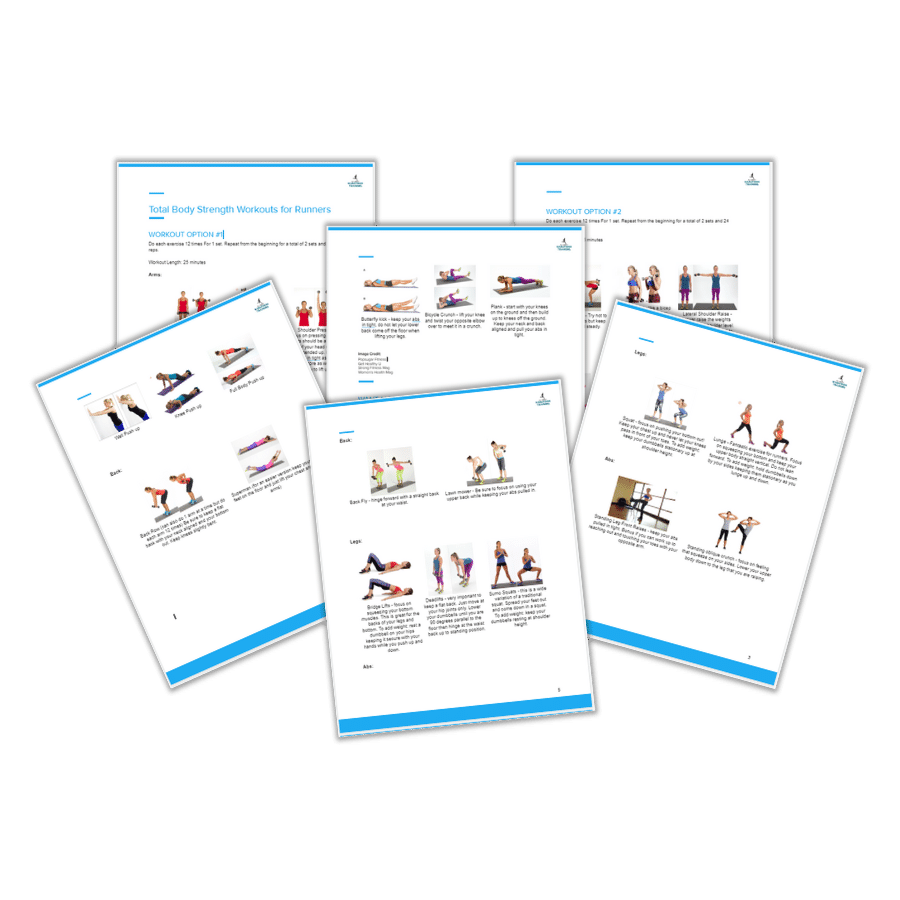 |
As featured on:

Resources Used:
Swain, P., et al. “Marathon Pacing Ability: Training Characteristics and Previous Experience.” European Journal of Sport Science, 2019, pp. 1–7., doi:10.1080/17461391.2019.1688396.
Hudson, Brad, and Matt Fitzgerald. Run Faster from the 5k to the Marathon: How to Be Your Own Best Coach. Broadway Books, 2008.


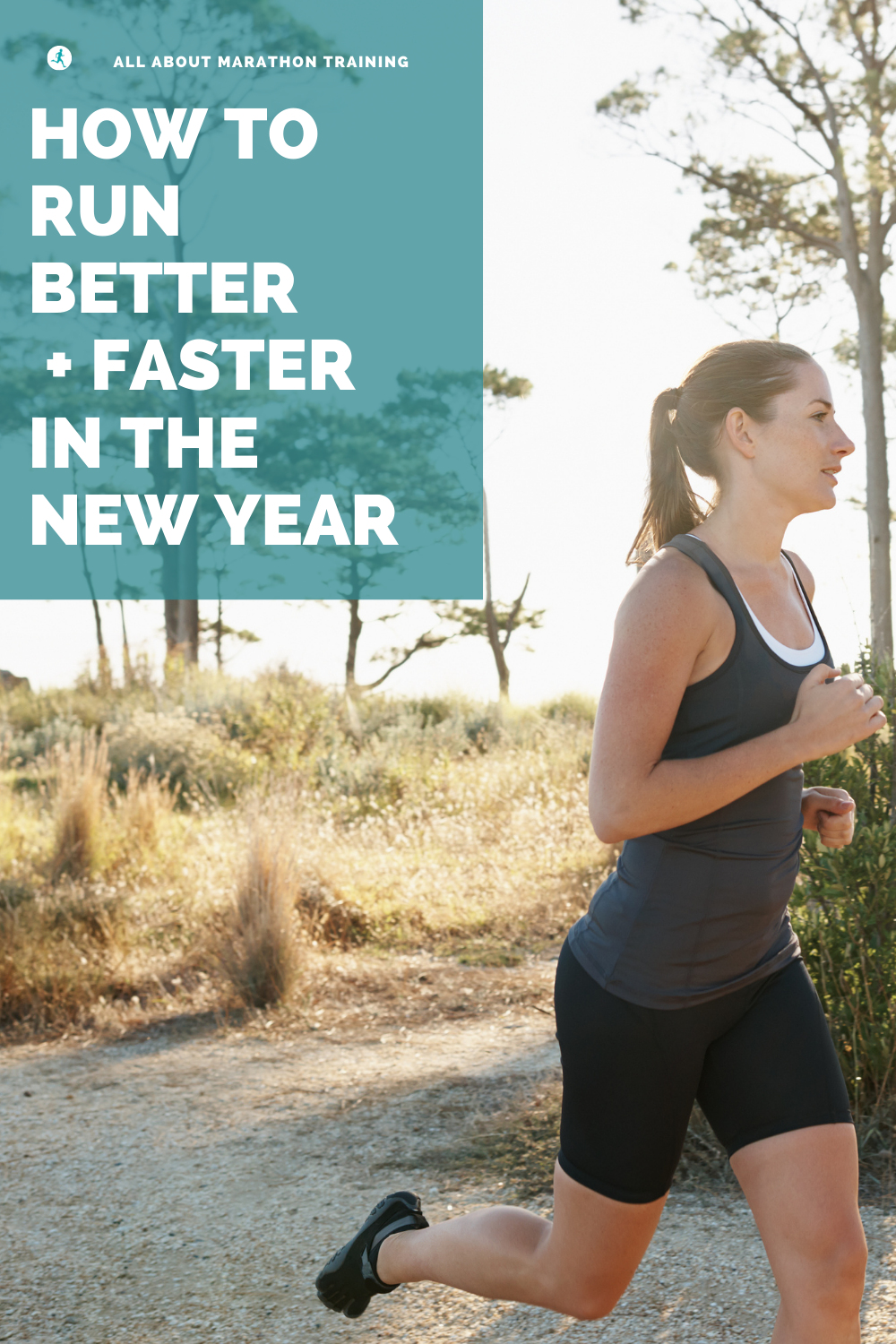



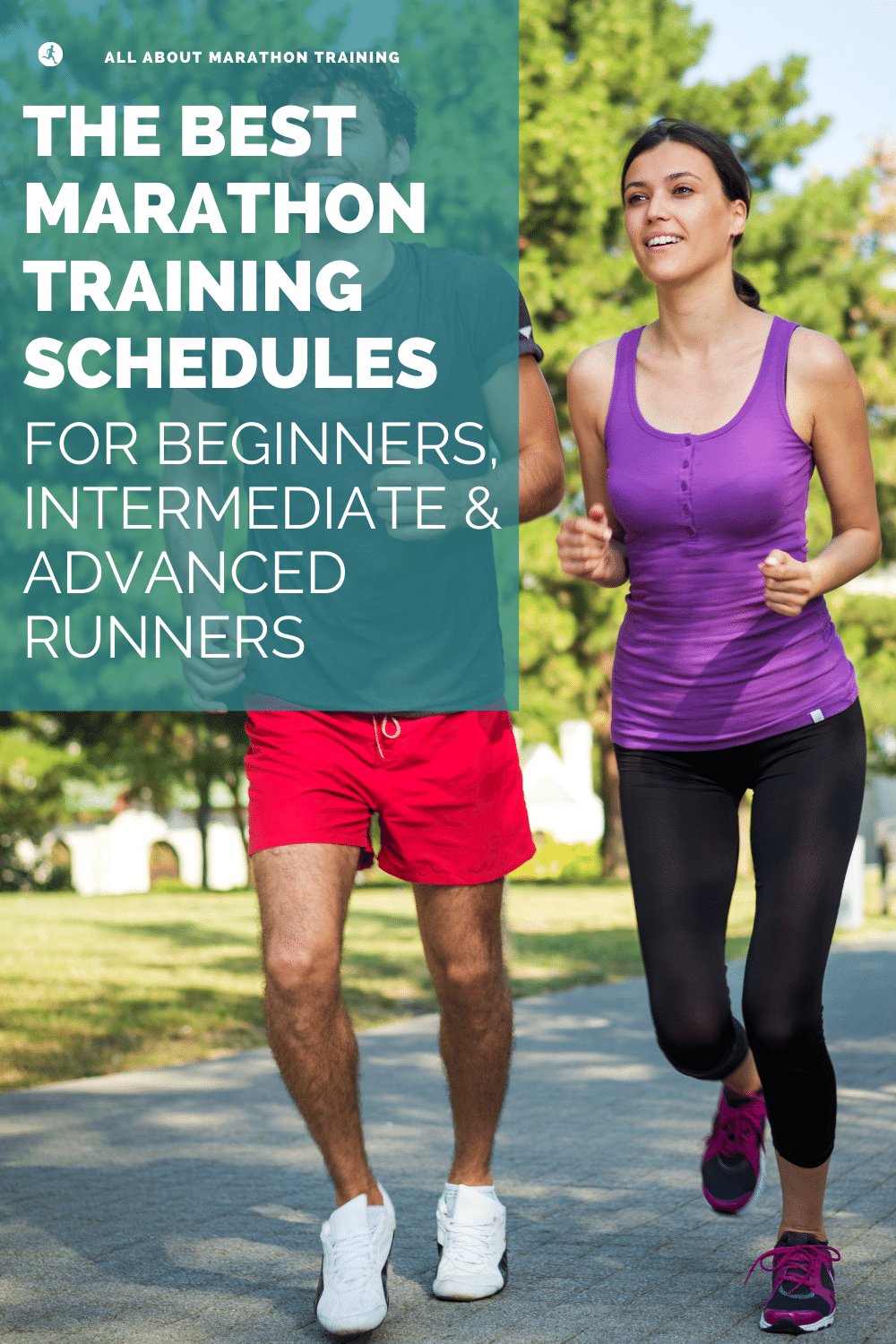

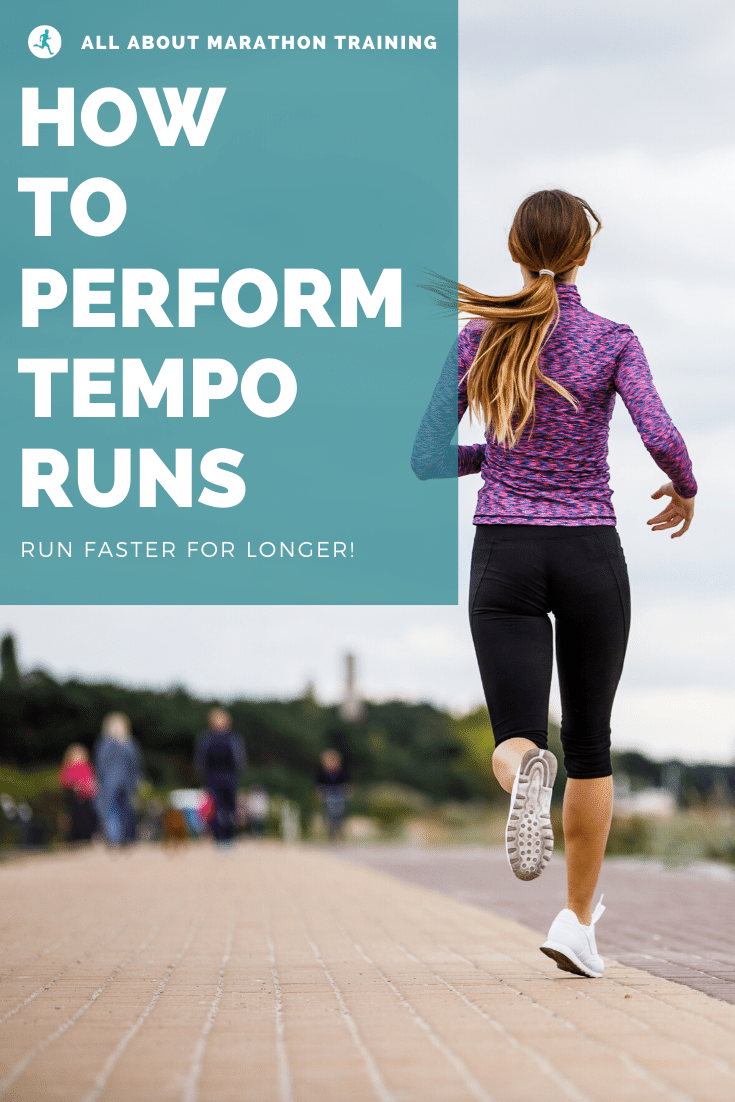
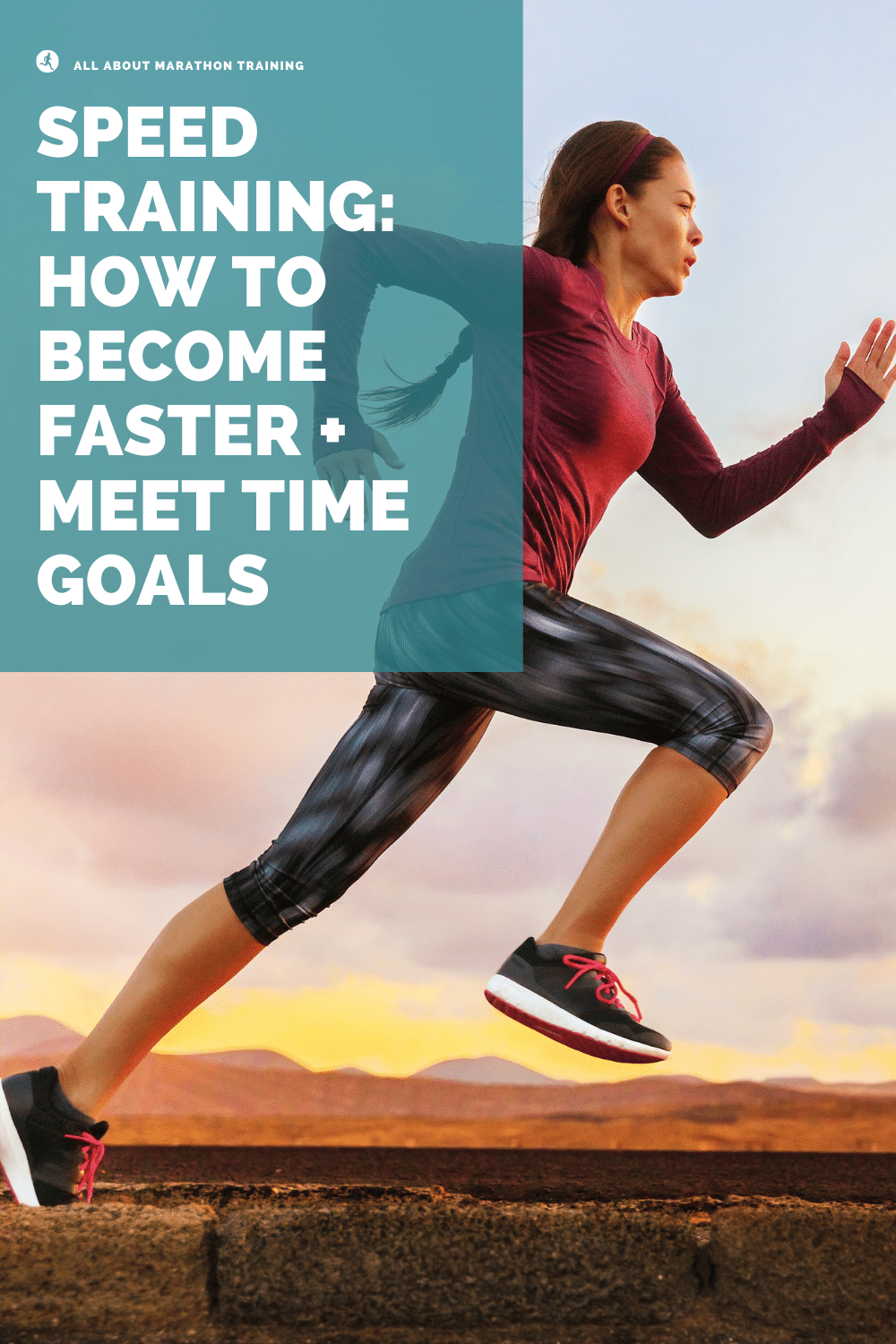

New! Comments
Have your say about what you just read! Leave me a comment in the box below.